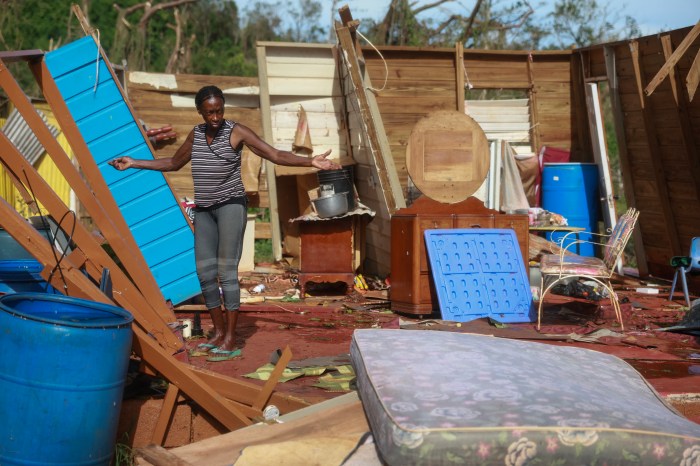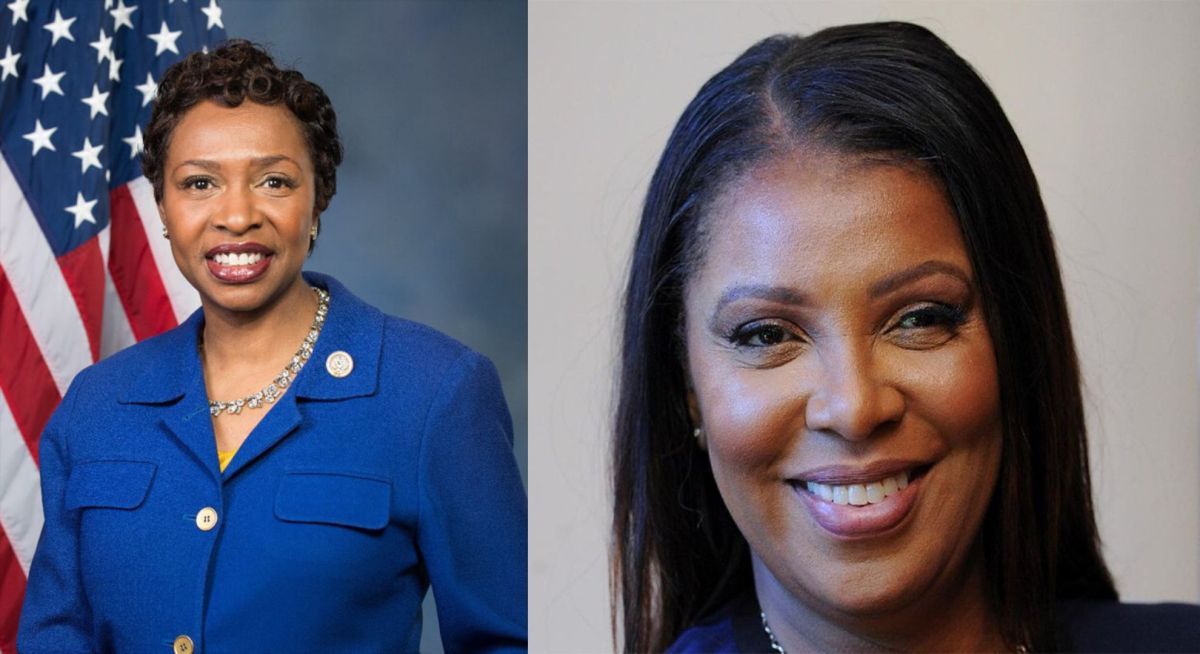Most people probably don’t check the labels of chemical products they use, or go online to do research about how dangerous certain chemicals are. That’s understandable, but it’s also a shame, because there are a lot of scary chemicals out there.
Take 1,4-Dioxane. If you haven’t heard of it, I’m not surprised. It’s a chemical used in some cosmetics, detergents, and shampoos.
It has also been classified as a possible carcinogen. And the agency that’s supposed to test chemicals for toxicity – the Environmental Protection Agency (EPA) – hasn’t. The law that’s supposed to regulate toxic chemicals, the Toxic Substances Control Act (TSCA), has failed on this and many other chemicals currently used in commerce.
Earth Friendly Products doesn’t use 1,4-Dioxane in any of our products. Our business model relies on using safer alternatives to existing chemicals. This is important to us because we want to make sure we’re not putting the people who buy our products at risk. And for our customers, it’s equally important to make sure that they’re buying things that won’t make them or their families sick.
But let’s be realistic: As long as currently used chemicals – including potentially toxic ones – aren’t being regulated, and there’s no signal to the market that safer alternatives will have the chance to compete, a lot of consumers will buy cheaper alternatives. That’s risky – not just for them, but for the companies that market those products and will have to deal with hits to consumer confidence.
We believe that successful TSCA reform must allow for a full review of chemicals currently in commerce, and regulatory action against the ones judged to be dangerous to human health. Innovators with safer alternatives will have the chance to compete, and companies won’t have to deal with consumer concerns. Unfortunately, a bill recently proposed in Congress by Senators David Vitter (R-LA) and Tom Udall (D-NM) would fall well short of these priorities.
There’s a lot about this proposal that concerns us, but most worrisome is the glacial pace at which this bill would require EPA to review chemicals. Under this bill, EPA would have to review 10 per year for the first year, 10 more in the third year, and five in the fifth year after the bill’s enactment. While it’s good to see a floor rather than a ceiling, practically speaking, they are one and the same – especially if the EPA does not have the resources needed to review more chemicals.
What makes matters worse is a one off/one on provision. Basically, the EPA could only begin the review process for a new chemical when one of the initial group has gone through the entire review process, something that could take as much as seven years. To put all this in perspective, 62,000 chemicals have never been tested under TSCA because they were grandfathered in when the bill was originally passed. To say there’s a bit of a backlog is putting it mildly.
We joined the American Sustainable Business Council and the Companies for Safer Chemicals Coalition in calling for improvements to the Vitter-Udall bill because this kind of schedule is simply not sufficient. There are far too many chemicals that are known, or at least highly suspected, of being toxic – far from protecting consumers from those chemicals, this bill would impose a regulatory roadblock on the EPA. Any meaningful TSCA reform must allow EPA to review as many chemicals as needed, give them the resources to do so, and not impose unnecessary barriers to get the most dangerous chemicals out of the marketplace.
We believe the public should have access to information regarding the safety of the chemicals they use in products every day, that there should be a minimum safety requirement for those chemicals, and that safer alternatives should be incentivized. That’s what real, meaningful TSCA reform would do.
The Companies for Safer Chemicals Coalition and the BizNGO Working Group are in Washington this week to make this case loud and clear to the Senate.
TSCA hasn’t been updated since it was passed in 1976. Nobody questions that it’s in desperate need of reform. But companies like mine need reform that actually addresses current flaws in chemical oversight. Right now, the Vitter-Udall bill doesn’t.
Vlahakis-Hanks is CEO of Earth Friendly Products, a family-owned company that manufacturers environmentally friendly cleaning products.























